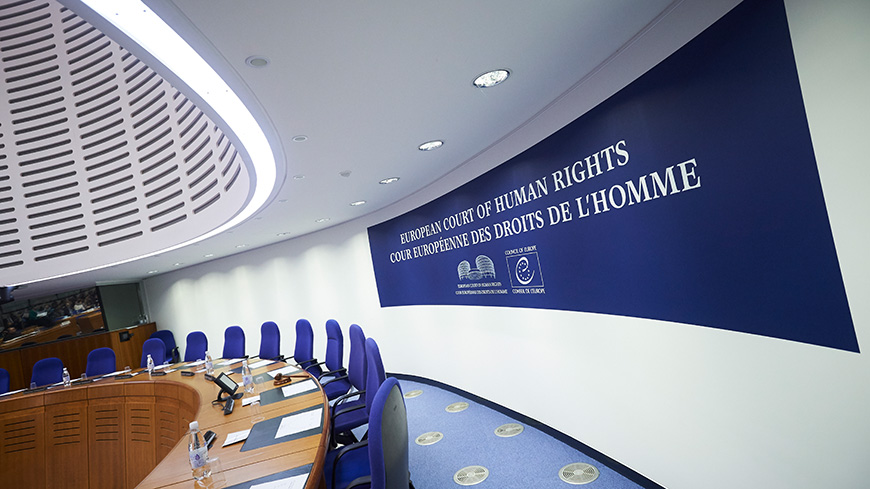On 20 June 2017 the European Court of Human Rights handed down a Chamber judgment in the case of M.O. v. Switzerland (application no. 41282/16), which concerned the complaint brought by an Eritrean asylum seeker that he would be at risk of ill-treatment if deported from Switzerland to his country of origin. He essentially claimed before the Swiss authorities that he was a deserter from military service who had escaped, leaving Eritrea illegally, following a period of imprisonment. The authorities found that his asylum claim was not credible and ordered his removal. The Court held that there would be no violation of Article 3 (prohibition of torture and of inhuman or degrading treatment) of the European Convention on Human Rights if the expulsion order against the applicant were implemented. It found in particular that, if the applicant were removed to Eritrea, he would not be at risk as a result of the general human rights situation in the country. Furthermore, there were no substantial grounds to believe that his personal circumstances would expose him to a real risk of inhuman or degrading treatment if removed. The Swiss asylum authorities as well as the Federal Administrative Court, in thoroughly reasoned decisions, had found that the applicant had failed to substantiate his claim; and it was not for the European Court to substitute its own assessment of the facts for that of the domestic courts, which are, as a general principle, best placed to assess the evidence.
The case of Alam v. Denmark (application no. 33809/15), declared inadmissible by the Court in a decision handed down on 29 June 2017, concerned an expulsion and life-long ban of a Pakistani national from Denmark. In 2013 the applicant was convicted of aggravated attempted robbery, murder and arson and sentenced to 16 years’ imprisonment and expulsion from Denmark. The applicant, who has spent nearly her entire life in Denmark and has permanent residence, complained that her expulsion would separate her from her children, born in Denmark in 2000 and 2004, and from the husband she recently married in 2015. As concerned the part of the applicant’s complaint with regard to the separation from her children, the Court found that it had no reason to call into question the domestic courts’ conclusions in her case. They had been based on a thorough assessment of her personal circumstances as weighed up against the real and continuing attachment she maintained with Pakistan and Pakistani culture and the serious nature of the crimes for which she had been convicted. The domestic courts’ conclusions had, therefore, been neither arbitrary nor manifestly unreasonable and her expulsion would not be disproportionate given all the circumstances of the case. As for the part of her complaint concerning her new husband, the Court rejected it for non-exhaustion of domestic remedies.



